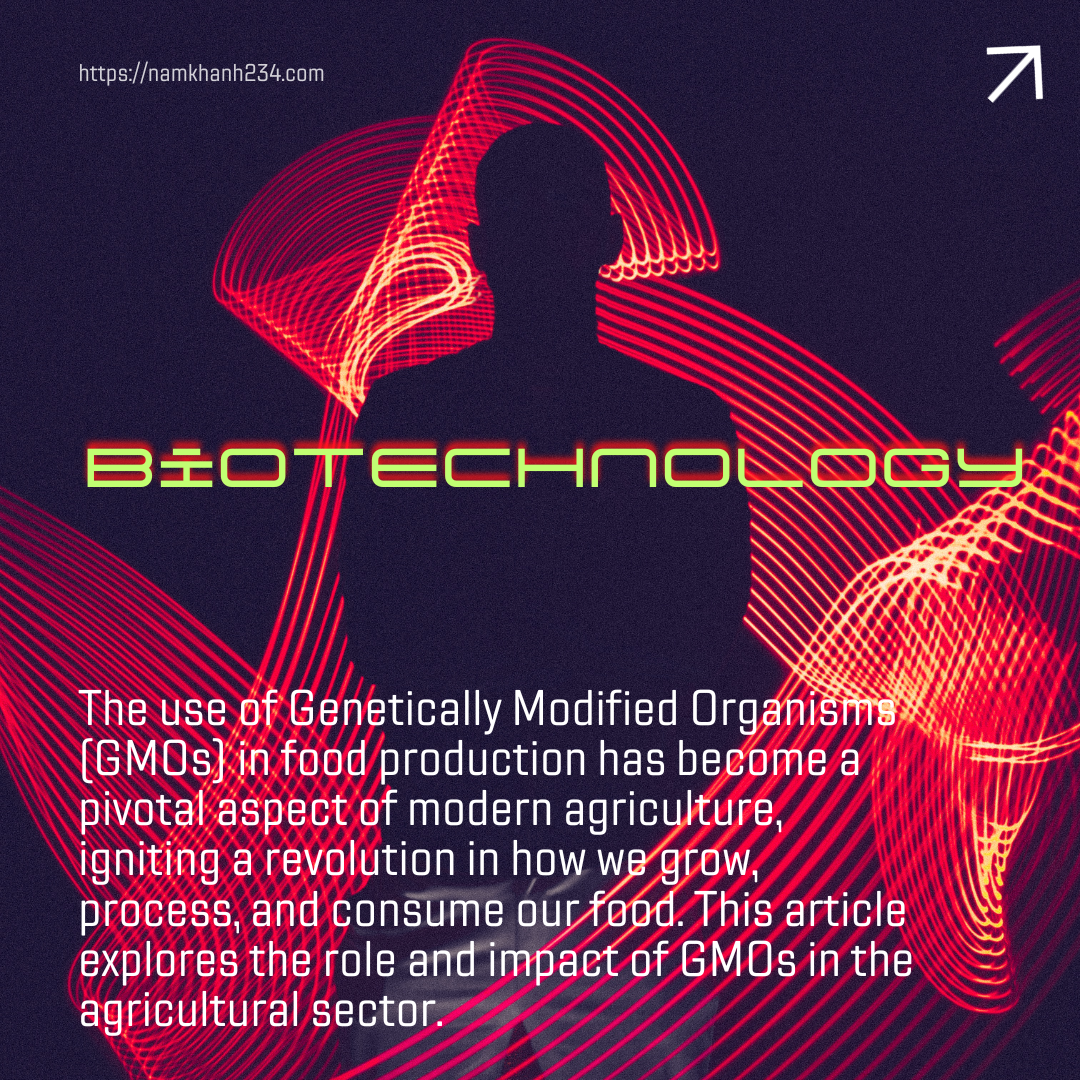
The use of Genetically Modified Organisms (GMOs) in food production has become a pivotal aspect of modern agriculture, igniting a revolution in how we grow, process, and consume our food. This article explores the role and impact of GMOs in the agricultural sector.
What are GMOs?
GMOs are organisms whose genetic material has been altered using genetic engineering techniques. In the context of food production, this typically involves modifying the DNA of crops to enhance desired traits such as yield, pest resistance, or nutritional content. This scientific advancement aims to improve food security and sustainability in the face of global challenges.
Advantages of GMOs in Agriculture
The primary advantage of GMOs is their contribution to increased crop yields and efficiency. Crops can be engineered to resist pests and diseases, reducing the need for chemical pesticides and thereby potentially lowering the environmental impact of farming. GMOs can also be designed to tolerate harsh environmental conditions, such as drought or poor soil quality, making food production more resilient to climate change.
Nutritional Benefits and Food Quality
Biotechnology has enabled the fortification of GMO crops with essential vitamins and minerals, addressing nutritional deficiencies in regions suffering from limited food variety. Golden rice, genetically modified to produce Vitamin A, is a notable example aimed at reducing vitamin deficiency in developing countries.
Safety and Regulatory Aspects
The safety of GMOs is a topic of rigorous scrutiny. Regulatory agencies worldwide, including the FDA and EFSA, conduct extensive evaluations to ensure GMOs are safe for consumption. Scientific consensus maintains that GMOs currently available on the market are as safe to eat as their non-GMO counterparts.
Public Perception and Debates
Despite their advantages, GMOs in food production remain a topic of public debate. Concerns range from environmental implications to food safety and ethical considerations. Transparent communication, public education, and ongoing research are essential in addressing these concerns and fostering informed decision-making about GMO foods.
Future Trends and Innovations
Looking ahead, the field of GMOs in food production is poised for further innovations. Advances in gene editing technologies like CRISPR are opening new possibilities for more precise and varied genetic modifications, which could lead to enhanced crop resilience, improved nutritional profiles, and sustainable farming practices.
Addressing Environmental Concerns
One of the critical discussions surrounding GMOs is their environmental impact. Biotechnology companies are continuously working to develop GMOs that require fewer chemical inputs like herbicides and pesticides, which can benefit the environment. Additionally, GMO crops with improved tolerance to environmental stressors can contribute to land conservation and biodiversity by reducing the need for clearing new land for agriculture.
Economic Implications of GMOs
The economic aspect of GMOs in food production is also significant. For farmers, GMO crops can mean higher yields and reduced costs on inputs like pesticides and fertilizers. However, there are concerns about the accessibility of GMO seeds and the economic impact on small-scale farmers. Addressing these concerns is essential for the equitable adoption of GMO technologies.
Global Regulations and Trade
GMOs in food production are subject to varying regulations globally. While some countries have embraced the technology, others have strict restrictions or bans. These differing regulatory landscapes pose challenges for international trade and require careful navigation to ensure compliance and acceptance of GMO products in the global market.
Consumer Choice and Labeling
Consumer choice is at the forefront of the GMO debate. Many consumers demand transparency in food labeling to make informed choices about GMO products. This has led to the implementation of labeling laws in several countries, allowing consumers to identify and choose between GMO and non-GMO products based on personal preferences.
Research and Development in GMOs
Continuous research and development are crucial for the future of GMOs in food production. Ongoing studies focus not only on enhancing the traits of GMO crops but also on ensuring their safety and sustainability. The integration of new biotechnological tools and techniques promises to expand the possibilities and applications of GMOs in agriculture.
Balancing Benefits and Challenges
The journey of integrating GMOs into food production is about balancing the potential benefits with the challenges. It involves addressing ethical, environmental, and economic concerns while leveraging the technology to meet the growing global food demand. Continuous dialogue among scientists, policymakers, farmers, and consumers is vital for the responsible development and use of GMOs.
Conclusion
Genetically Modified Organisms in food production are a testament to the advancements in agricultural biotechnology. As the world grapples with the challenges of feeding a growing population and preserving the environment, GMOs stand as a crucial tool in the arsenal. Navigating their benefits and challenges thoughtfully and responsibly will be key to realizing their potential in contributing to a sustainable and secure food future.